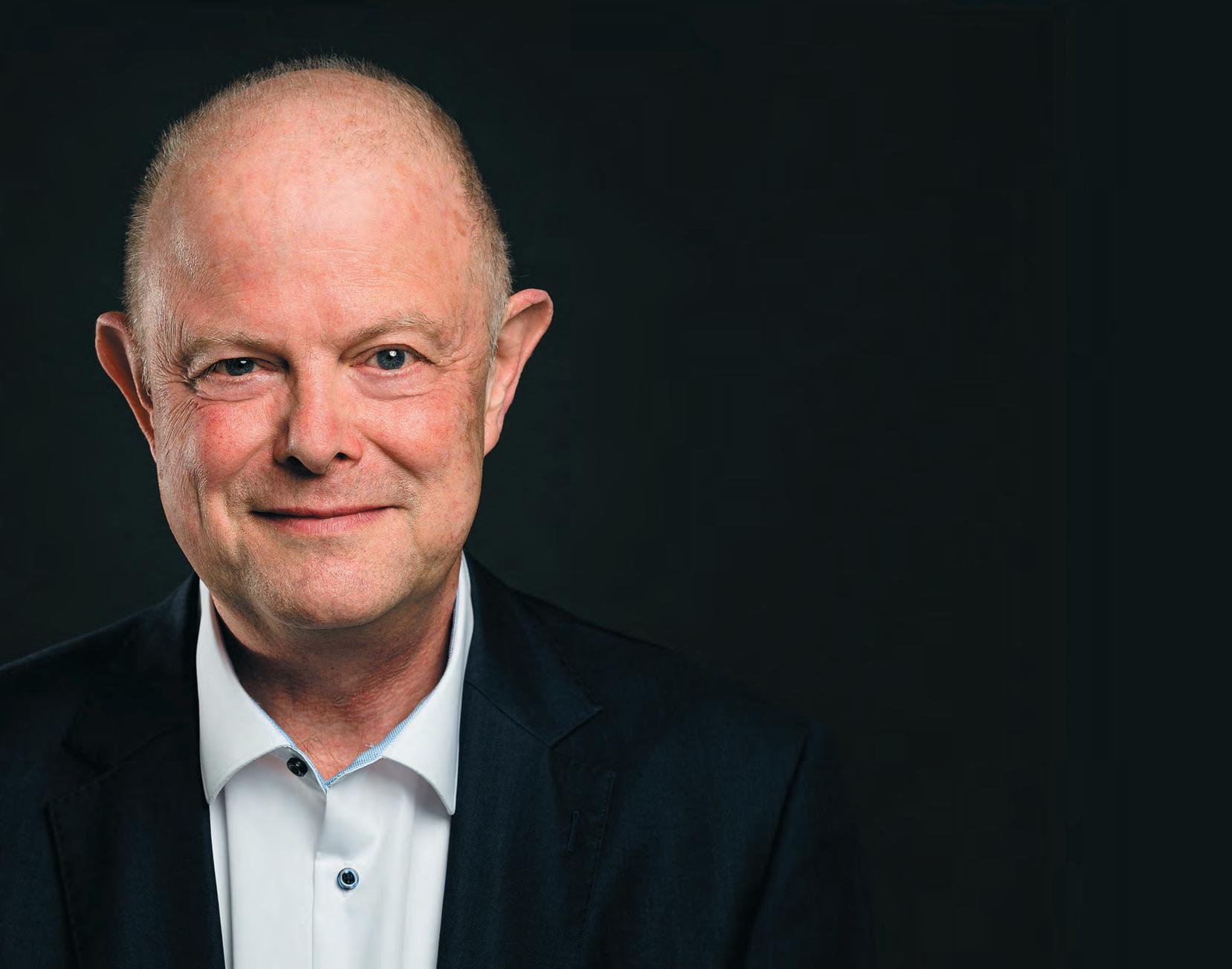
2 minute read
ACCREDITATION AS AN ADDITIONAL INSTRUMENT FOR GOVERNMENT SUPERVISION
In 2019, the RvA held talks with policy-makers and supervisors in various domains regarding accreditation in the context of statutory regulations (national or European). Examples of subjects that were discussed were:
• European Cybersecurity Act;
• the European regulation on drones (unmanned aircraft);
• the European regulation on fertilising products;
• the Dutch implementing regulations concerning fertilisers (Uitvoeringsregeling Meststoffenwet);
• type approval of motor vehicles;
• the Alcohol, drugs and medication Testing (Traffic) Regulation (Regeling alcohol, drugs en geneesmiddelen in het verkeer);
• the CETA treaty (under the trade agreement with Canada);
• the European controls regulation (controls on feed and food);
• online gaming (the Remote Gambling Act: ‘Wet Kansspelen op Afstand’);
• the use of artificial intelligence in the legal process;
• the certification of sports innovator centres;

• the notification of Dutch designated bodies with respect to CE marking.


A new standard for biobanking (ISO 20387) Additionally, in 2019 ISO published a new standard for biobanking: ISO 20387. A biobank is a databank with biological material such as blood, urine or tissue. This concerns bodily tissue which patients donate in the context of medical research and which is stored for medical scientific purposes after completion of that research. This standard for the accreditation of biobanks concerns the storage, registration and provision of biological material. The storage of this material must satisfy certain requirements in order to ensure that it can still be used over time for further research. The registration systems must also guarantee that information about the material is easy to find and that the purpose for which the material has been used is recorded, for instance if it has been ‘loaned’ for research elsewhere. Naturally, specific rules guaranteeing privacy are applicable here.
In future, this new standard may obtain a wider scope of application. This quality assurance could also be valuable for research in agriculture and livestock farming.








Privacy in the context of the GDPR
In 2019, regarding product development, we also had regular contact with the Dutch Data Protection Authority (Autoriteit Persoonsgegevens: ‘AP’) about certification in the context of the General Data Protection Regulation (GDPR). Certification bodies that offer their services in this domain and apply for accreditation for this must come forward with a certification scheme. The RvA then evaluates whether this scheme is worthy of accreditation – something we did several times in 2019. But the accreditation of such a scheme can only take shape if the AP has also approved it: does it meet the statutory requirements? European rules must first be drawn up for this. This leads to long delays.
Asset management (ISO 55001)
Asset management was also a topic of attention in 2019. The ISO 55000 series, which consists of three different standards, offers owners of capital goods a tool to manage their assets in an appropriate, sustainable and cost-effective way. This concerns, for instance, buildings, roads, sewers, water, green spaces, etc. ISO 55001 is one of the three standards. It describes the requirements for asset management systems. This standard can be used as the basis for the certification of management systems. We granted the first accreditation against this standard in 2019.

The transition to ISO/IEC 17025:2017
With the transition to a new version of ISO/IEC 17025, 2019 was an important year for the accredited test and calibration laboratories. Towards the end of 2019, it appeared that only 49 of the more than 300 accredited laboratories had successfully navigated the transition. The other laboratories face the challenge of finalising the transition before the internationally agreed deadline of 30 November 2020.









